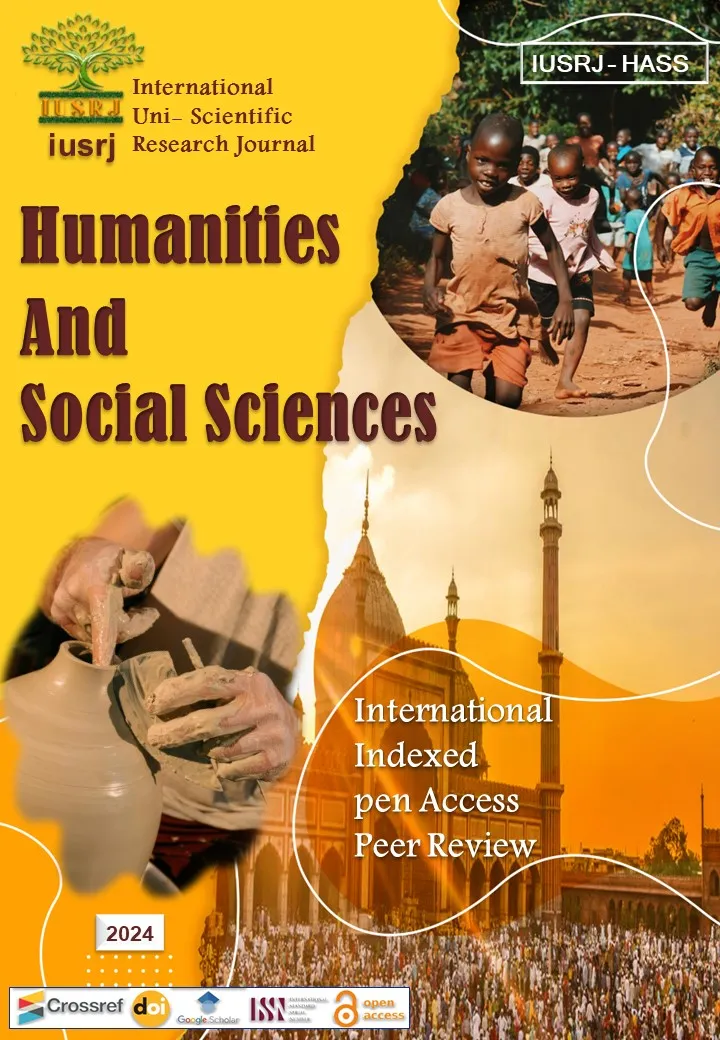Where it is known that neo-liberal policies lead to a clear attack on the interests of large segments of the population, especially the poorest and marginalized in the marginalized countries of the global system, the question arises whether this deterioration affects negatively or positively on the energies of these groups in the resistance and defend Its main interests. As growing populations in the Arab region are experiencing increasing social, economic, political and cultural pressures, while the social context does not reflect the effective role of these groups in addressing their own protection, this raises the importance of studying social movements in Arab societies. The first thing to draw attention to is the question of the characteristics that social movements may acquire in the context of social composition developed through a specific course in the Arab region. This focus calls on the emergence of social movements, their way of expressing themselves, the dynamics they seek to interact with their surroundings and their movements, their overall implications for change, their future effectiveness and interactions, and the extent to which the different external factors affect the world. To our goal of studying social movements in the Arab world, the research was divided into three parts as well as the introduction and the conclusion. The first part concerns the emergence of social movements in the context of the social composition of Arab societies. In the second part, we focused on the socio-economic and political background surrounding social movements now. We considered that the third part is the main part of the research, and we reviewed the most important social movements seeking to act in the Arab region. The conclusion is a summary that discusses the energies and challenges of social movements in resisting neo-liberal policies
Keywords:
Social movements, Arab societies, the hammer of reality, anvil of the future.
[1] Marshall, Gordon, Scott, Encyclopedia of Sociology- Volume 2. Translation: Muhammad Al-Gohari and others, Cairo: Supreme Council of Culture - The National Translation Project, pp. 30-31, John. 2011.
[2] Smelser, Neil J. & Baltes, Paul B, editors. International Encyclopedia of the Social and Behavioral Sciences. Vol. 21, New York: Elsevier science LtdP, 14348, 2001.
[3] Sztompka, Piotr, The Sociology of Social Change, London: Blackwell Publishers, p.p. 275—276, 1993.
[4] Charles Tilly /May 27, 1929 - April 29, 2008: is an American sociologist specializing in political science. He was interested in studying the relationship between politics and society, and he also served as professor of social sciences at Columbia University before his death. Source:
"Charles Tilly". 2005, Wikipedia, the free encyclopedia. 14 August 2011.
[5] Tilly, Charles. Social Movements, Translation: Rabih Wahba, Cairo: Supreme Council of Culture - The National Translation Project - No. 957, pp. 20-21, 1768-2004.
[6] Maan Khalil Al-Omar, Lexicon of Contemporary Sociology. Amman: Dar Al-Shorouk, Pp. 312-313, 2000.
[7] Azza Khalil /Editor/ and others, Social Movements in the Arab World: Studies on Social Movements in Egypt, Sudan, Algeria, Tunisia, Syria, Lebanon, Jordan, Cairo: Arab and African Research Center, p. 35, 2006.
[8] Giddens, Anthony and Birdsall, Karen, Sociology with Arabic inputs. I 4. Translation: Fayez Al-Sayagh. Beirut: Center for Arab Unity Studies, P. 488, 2005.
[9] Ali Abdul Razek Chalabi, Globalization in a Changing World. In: Globalization in a Changing World. Edited by: Abdul Mohsen bin Ahmed Al-Osaimi, Riyadh: Qurtuba Publishing and Distribution House. Pp. 231-232, 2010.
[10] Giddens, Anthony, New rules for the curriculum in sociology: a positive critique of interpretative trends in sociology. Translation: Muhammad Mohiuddin. Cairo: Supreme Council of Culture, P. 36, 2000.
[11] Crepe, Ian, Social theory from Parsons to Habermas. Translation: Muhammad Husayn Ghuloom. (Kuwait: Knowledge World Series /244, April, p. 170, 1999.
[12] Ahmed Zayed, New Horizons in Sociology Theory: Structure Formation Theory. In: The National Social Magazine. Vol /33, p /2,1 , January / May, pp. 65-72, 1996.
[13] Prakash, Aseem and Hart, Jeffrey A. editors. Globalization and Governance. USA, New York: Routledge, p.p. 31-33, 1999.
[14] Amani Qandeel. Global civil society. Cairo: Al-Ahram Center for Political and Strategic Studies,. P. 18.
[15] The previous reference. P. 16. 2002.
[16] Giddens, Anthony. "Structure Theory: past, present and future". In: Gidden's Theory of Structure: A Critical Appreciation. Edited By: Bryant, Christopher G. A. & Jary, David. New York: Routledge Inc., p.p. 202-204. 1991.
[17] Bryan, Christopher G. A. and Jary, David editors. Giddens' theory of Structure: A critical appreciation. USA, New York: Routledge,. p. 17. 1991.
Citation
Hacene Aali(2020), The social movements in Arab societies between the hammer of reality and the bonds of the future. IUSRJ International Uni-Scientific Research Journal (1)(4),18-24. https://iusrj.org/articles/doai202010041211Call for Paper

We are going to launch a new Volume, 15th of next Month of peer-reviewed OpenAcess journal publishing original research articles. IUSRJs' publish innovative papers, reviews, mini-reviews, rapid communications and scheduled to monthly. For this purpose, we would like to ask you to contribute your excellent papers in IUSRJs'. Your comments will help us improve the quality and content of the journals. The journals accepts Review Articles, Original Articles and Short Communications. Brief Report, Books Review, Thesis Submit your valuable work: Submit Now Submit your article through : [email protected]
